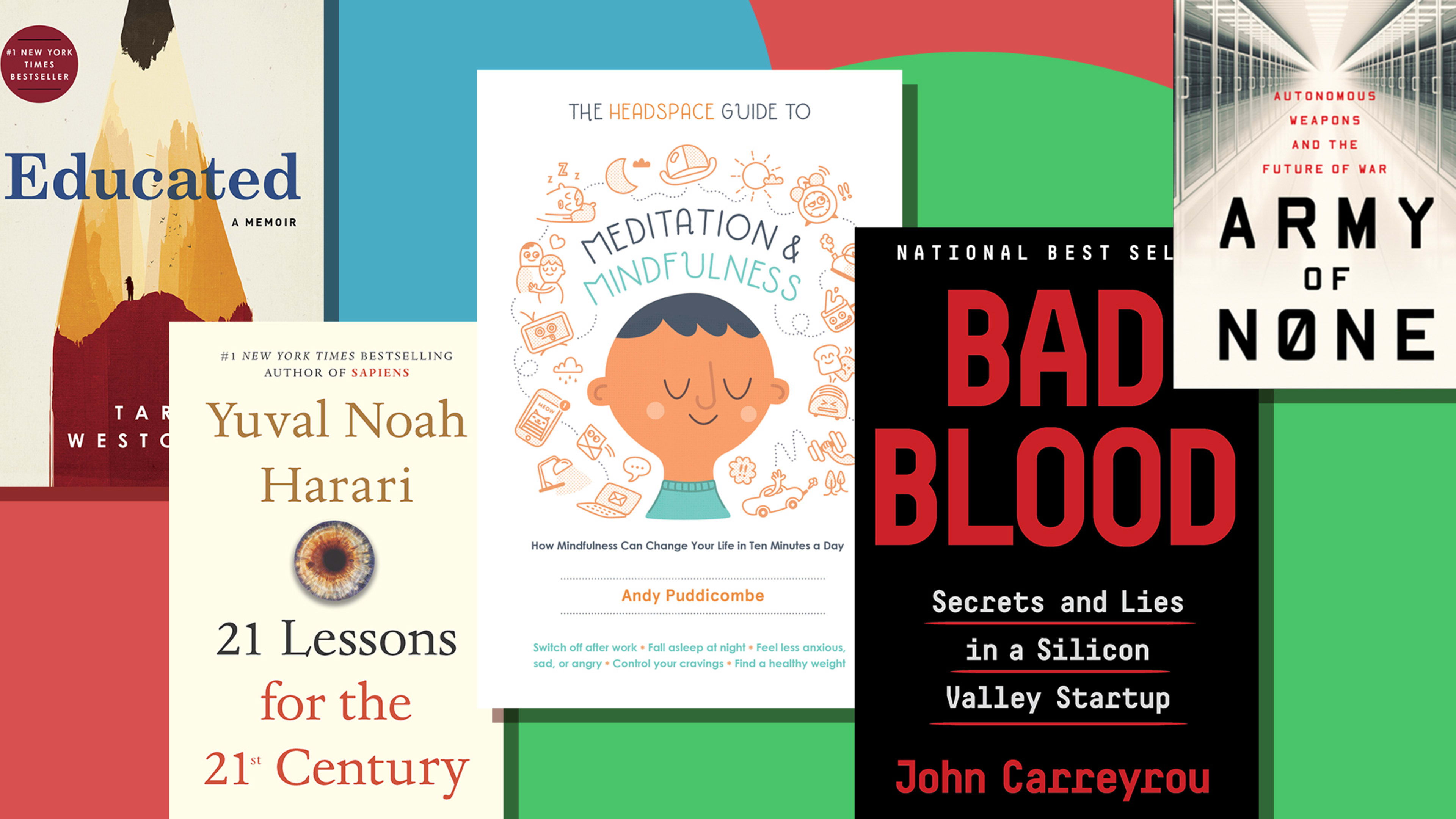If you want to make sense of the world, you need to learn more about it. That’s the prevailing theme behind every single one of billionaire philanthropist Bill Gates’s biannual book lists, which he releases like clockwork each summer and holiday season.
Gates’s top five fireplace reads for 2018 just went live on GatesNotes. But anyone who reads between the lines on this year’s selections will see that in addition to being “pretty eclectic” and “highly giftable” there’s a broader narrative that runs among them: Learning can’t happen without realizing that everyone (including you) has biases that affect where you’re seeking out knowledge or how you make decisions.
The selections include a memoir from a highly accomplished woman who grew up isolated among conspiracy theorists but self-educated her way out (the one woman author on the list, an only slightly better ratio than before), a deep dive into what happens if you outsource life-and-death battlefield decisions to artificial intelligence, and a nonfiction detective-like investigation into how a much ballyhooed tech CEO allowed egotism and deception to destroy one of America’s biggest and ultimately overrated and fraudulent tech companies.
That list ends with two especially introspective tomes. One is step-by-step analysis of many modern factors that cause unnecessary worry and anxiety. And, for those who’ve read all of these rational think pieces in order, there’s a mind-over-matter offering: A guide to meditation and mindfulness.
Educated, by Tara Westover
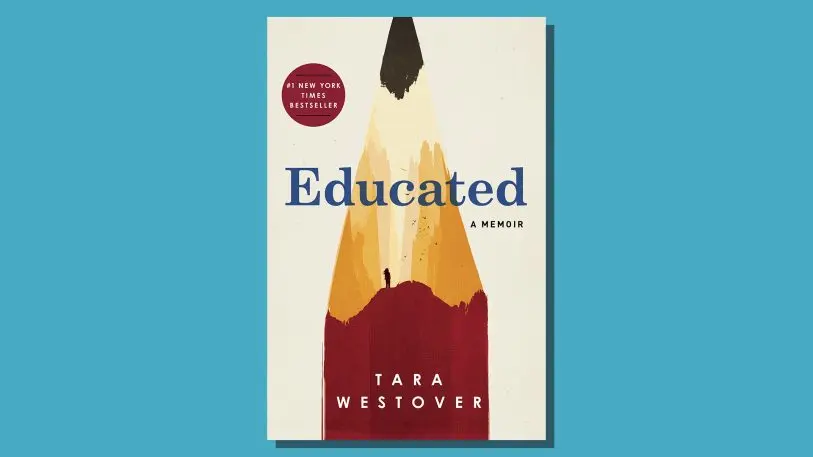
In this memoir, Westover relates what it was like to grow up as a Mormon survivalist in rural Idaho and eventually discover and have to teach herself more about the wider world. More broadly, the book is about those who “remove themselves from society because they have these beliefs and knowledge that they think make them more enlightened,” Gates writes. “Their belief systems benefit from their separateness, and you’re forced to be either in or out.” Westover’s own journey eventually led to college, where she learned to seek out and rely on research that is proven and well-sourced.
Army of None, by Paul Scharre
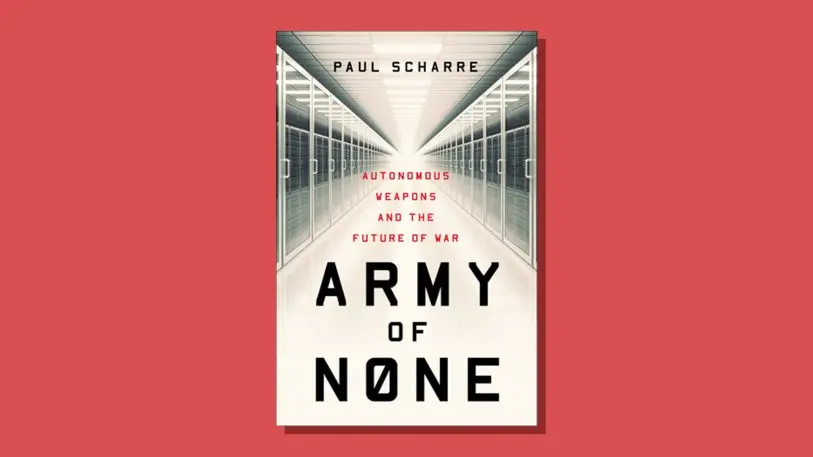
A veteran and military expert who helped draw up the current U.S. policy on autonomous weapons explores both the positive and apocalyptic scenarios of using robots in war. “While this use of A.I. holds great promise for reducing civilian casualties and keeping more troops out of harm’s way, it also presents the possibility of unintended consequences if we’re not careful,” Gates writes. That’s because anytime you cede control to a machine, there are unexpected trade-offs. “We need many experts and citizens across the globe to get involved in this important debate,” he adds.
Bad Blood, by John Carreyrou
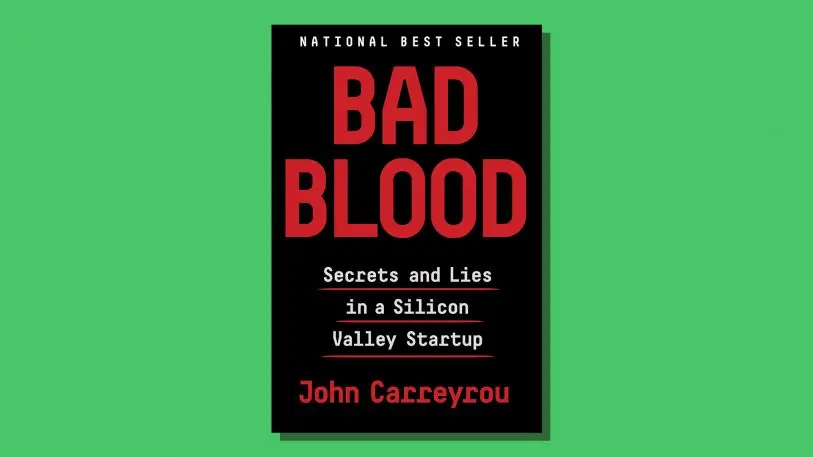
Blood testing company Theranos reached a valuation of $10 billion before investigative journalist John Carreyrou exposed the crazy truth that its product simply didn’t work. At the same time, the ruse lasted for years because CEO Elizabeth Holmes was so charismatic that few questioned her operation’s underlying processes. “Bad Blood is also a cautionary tale about the virtues of celebrity,” Gates writes. “Holmes pushed a vision of what Theranos could be, not what it actually was, and people suffered as a result.”
21 Lessons for the 21st Century, by Yuval Noah Harari
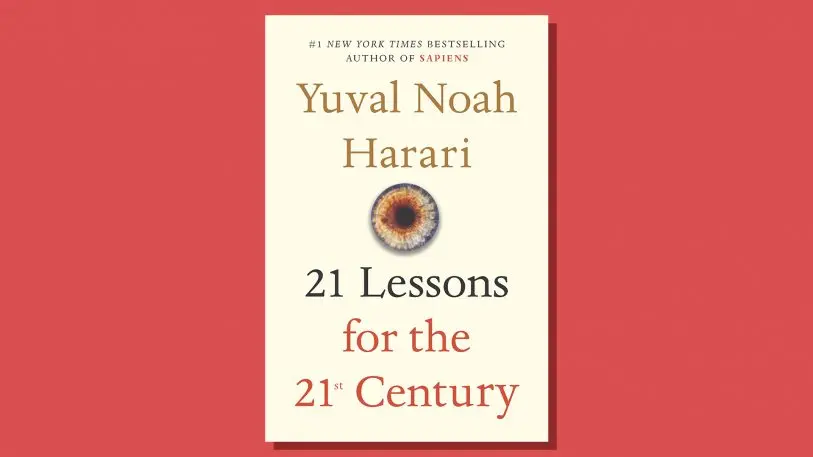
The tech world favorite explores why we’re hard-wired to worry so much, and what to do about that in our current age of anxiety. As Gates explains, our primitive survival instincts are now hijacked: “[M]odern life does present plenty of other reasons for concern: terrorism, climate change, the rise of A.I., encroachments on our privacy, even the apparent decline of international cooperation.” The trick is really to confront those fears with logic, something the author does by breaking out and examining the real threats behind many of these triggers. “It’s to know which things to worry about, and how much to worry about them,” Gates adds.
The Headspace Guide to Meditation and Mindfulness, by Andy Puddicombe
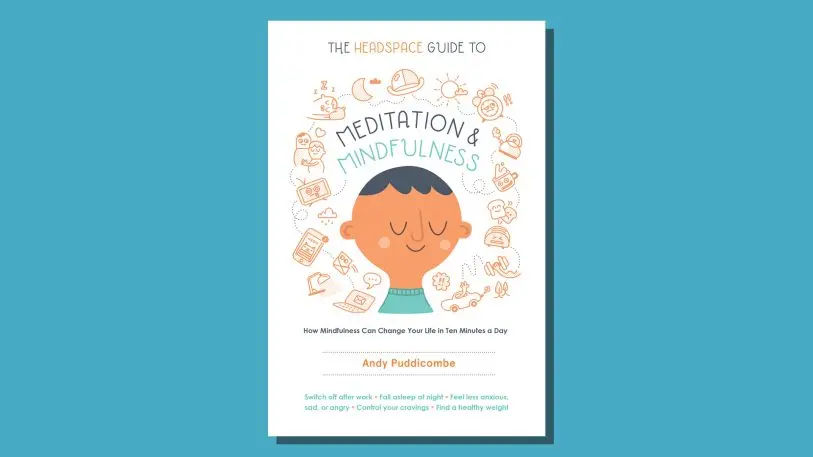
The cofounder of meditation app maker Headspace spent time as a monk, and his book grounds lessons in research and works like a do-it-yourself manual to get started. “If you’re thinking about trying mindfulness, this is the perfect introduction,” says Gates, who considers the practice of meditation great for improving focus. “It’s also helped me step back and get some ease with whatever thoughts or emotions are present.”
Recognize your brand’s excellence by applying to this year’s Brands That Matter Awards before the final deadline, June 7.
Sign up for Brands That Matter notifications here.
